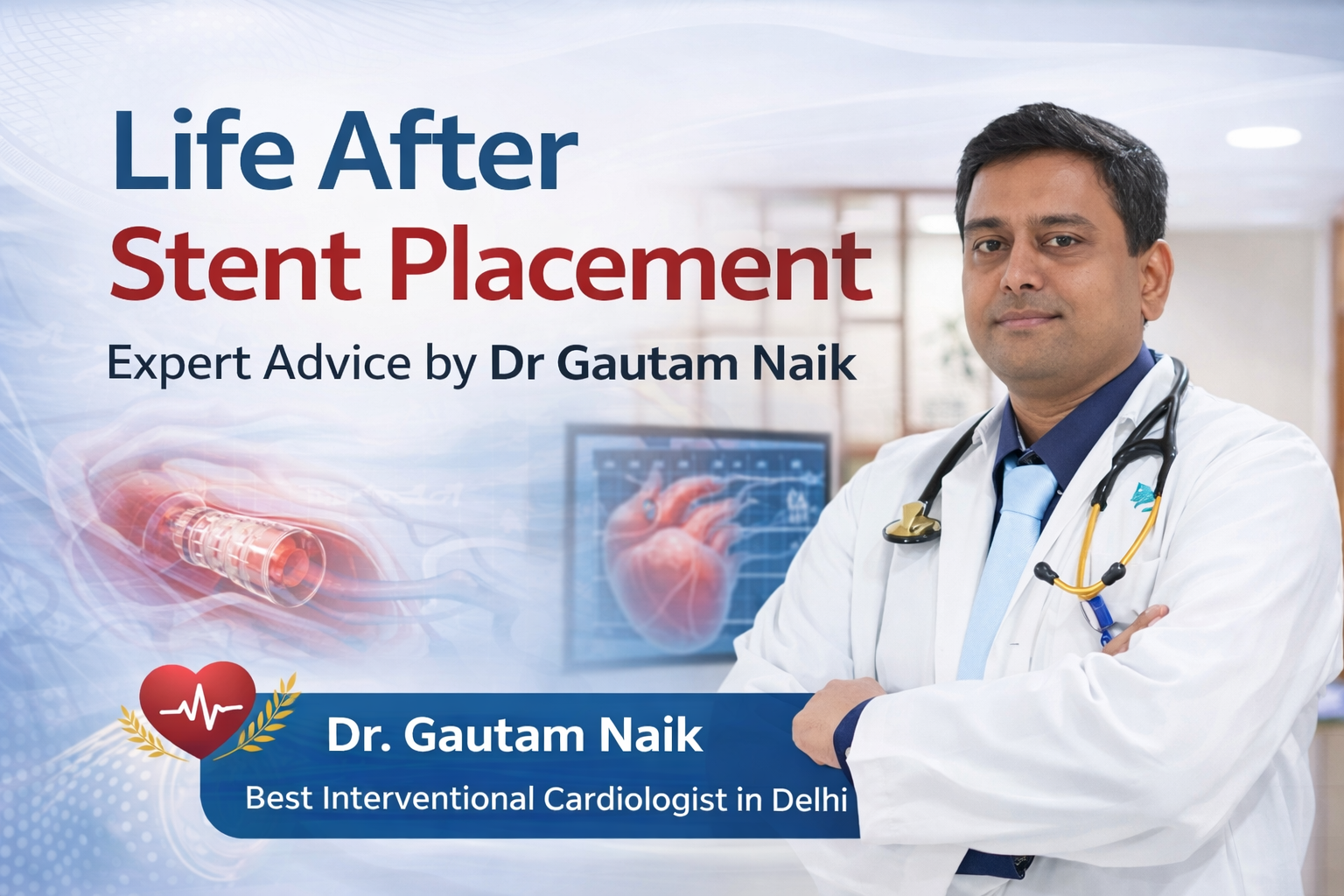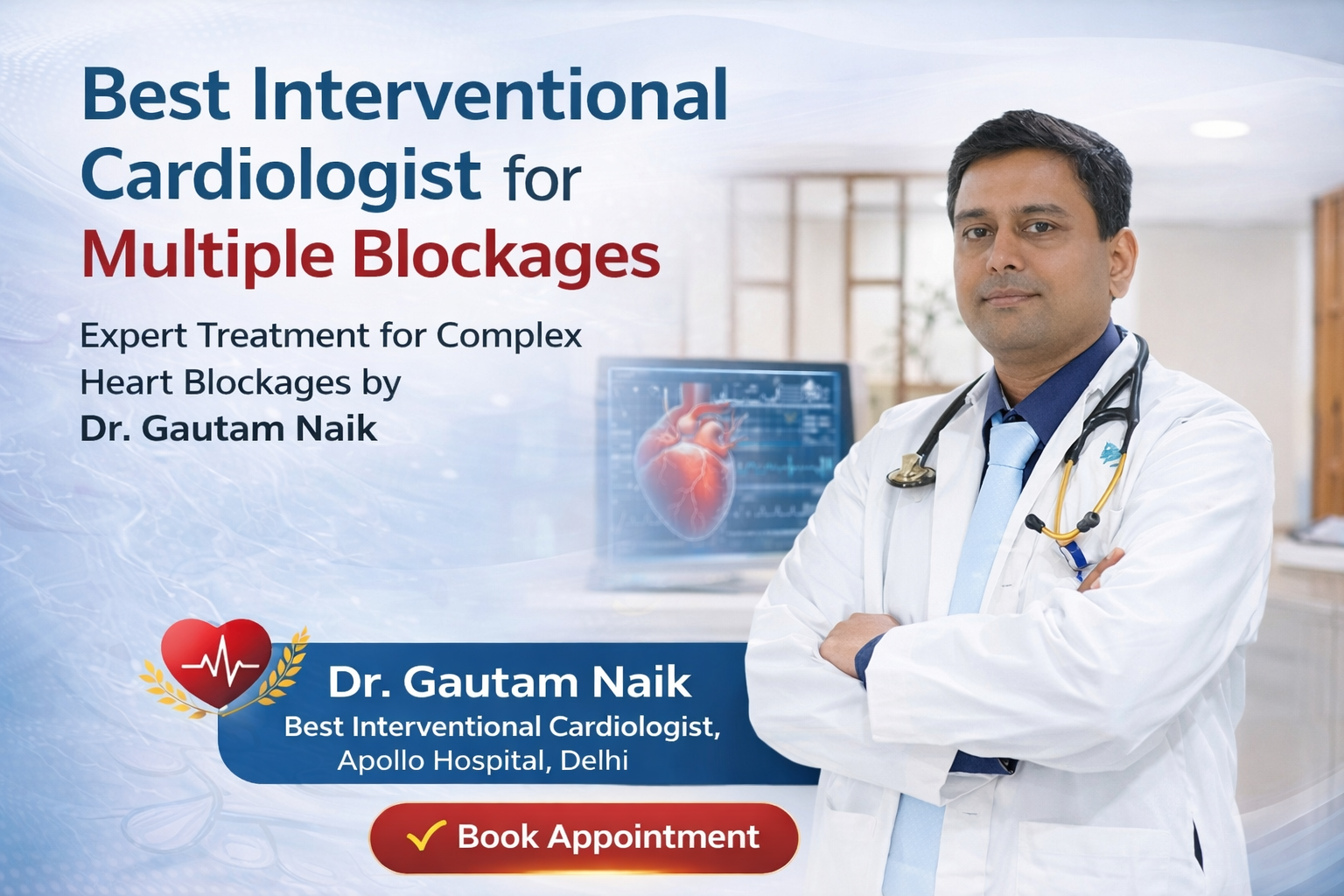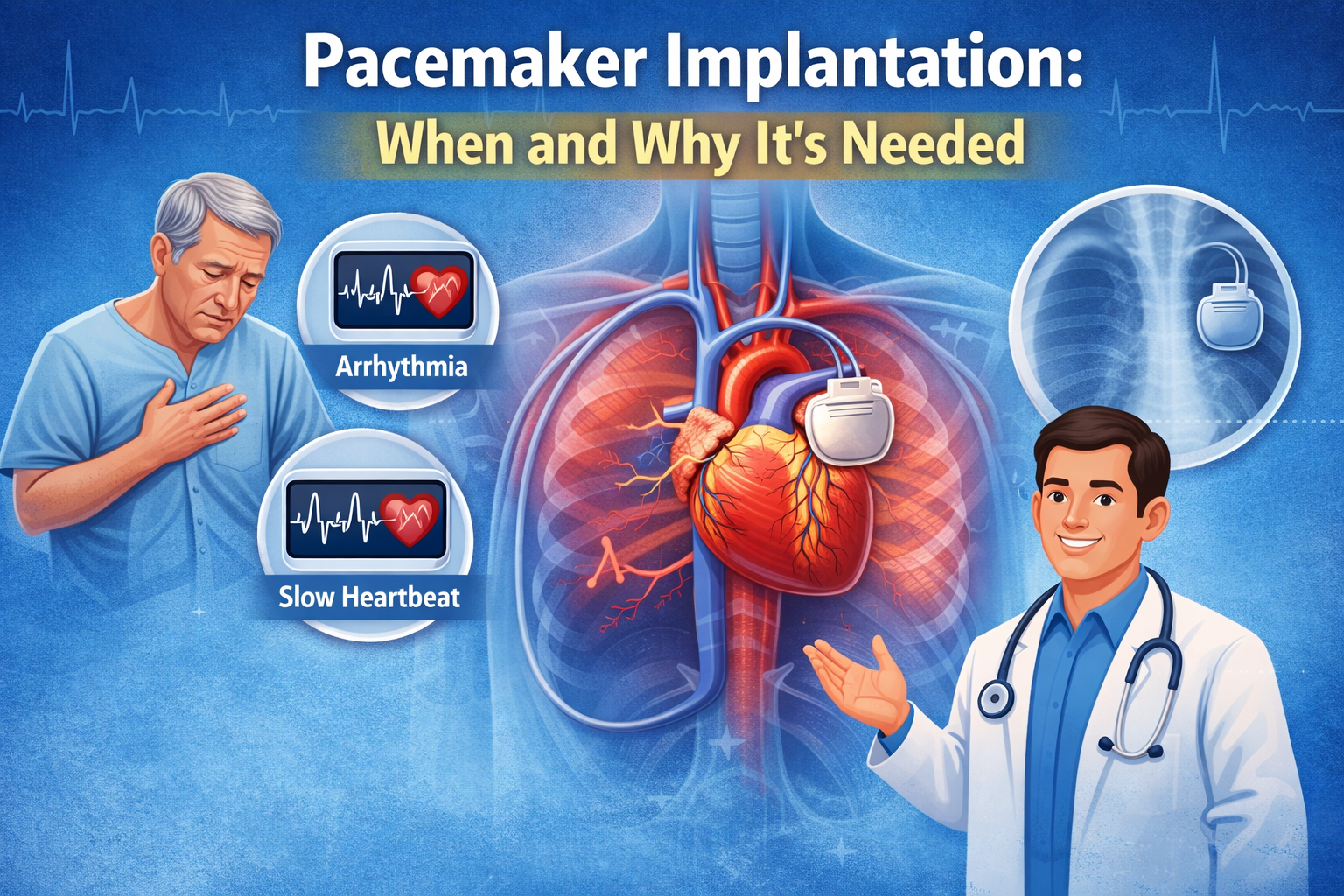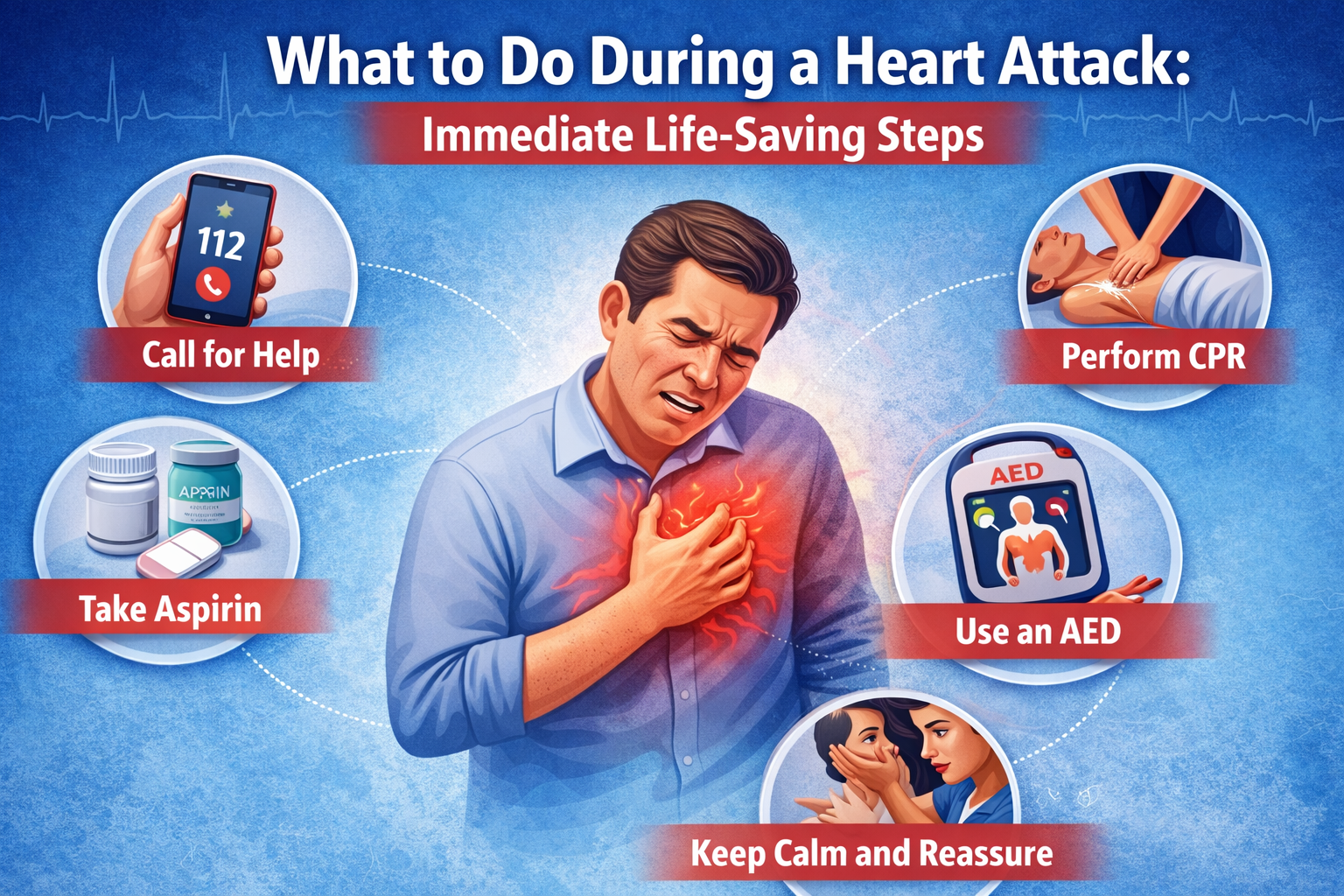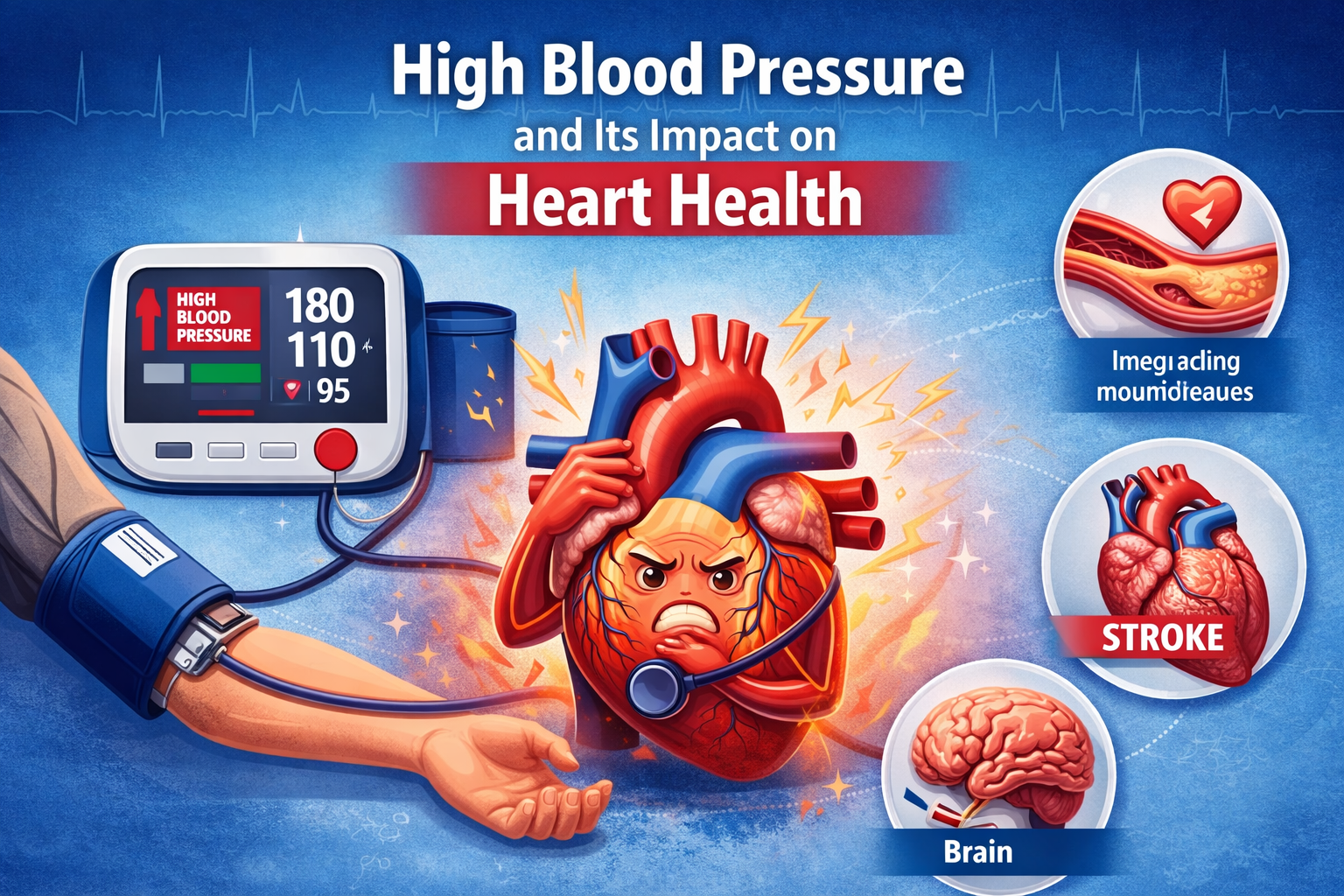
Aspirin, often called a “wonder drug,” has been a cornerstone of heart health management for decades. Its role in preventing heart attacks and strokes through its blood-thinning properties is widely recognized. However, recent research highlights that aspirin is not a one-size-fits-all solution, and its use must be tailored to individual health conditions and risks. Here, we’ll explore the benefits, risks, and appropriate use of aspirin for heart health.
Low-dose aspirin, typically 75-100 mg per day, is commonly recommended for its ability to inhibit platelet aggregation. This reduces the risk of blood clots, which are often responsible for heart attacks and strokes. The goal of this therapy is to maintain blood flow in individuals at high risk of cardiovascular events.
Aspirin is effective in reducing the risk of a second heart attack in individuals with a history of cardiovascular disease. It helps prevent clots from forming in arteries narrowed by plaque.
For patients with certain types of ischemic strokes or transient ischemic attacks (TIAs), aspirin can lower the likelihood of another stroke.
People with conditions like coronary artery disease, angina, or a history of stents or bypass surgery may benefit from aspirin as part of their treatment plan.
Aspirin is inexpensive and widely available, making it a viable preventive option for many.
Aspirin can irritate the stomach lining, increasing the risk of ulcers and gastrointestinal bleeding, especially in older adults.
While it reduces the risk of ischemic stroke, aspirin can raise the risk of bleeding in the brain, leading to hemorrhagic strokes.
Some individuals may experience adverse reactions, including asthma exacerbations or severe allergies.
Aspirin can interact with other medications, such as anticoagulants or NSAIDs, heightening the risk of bleeding or diminishing efficacy.
The American Heart Association (AHA) and other medical bodies emphasize that aspirin therapy should be individualized:
Deciding whether to start or continue low-dose aspirin therapy is complex. Your healthcare provider will assess your overall cardiovascular risk, bleeding tendencies, and current medications to make an informed recommendation. It’s crucial never to self-medicate with aspirin without professional advice.
Dr. Gautam Naik, a renowned cardiologist based in Faridabad, is celebrated for his expertise in heart health management. With years of experience and a patient-centric approach, Dr. Naik specializes in advanced treatments for cardiovascular diseases, including personalized aspirin therapy recommendations. His dedication to promoting preventive cardiology and providing compassionate care has earned him the reputation of being the best cardiologist in the region. If you’re considering aspirin therapy or need expert guidance on heart health, Dr. Gautam Naik is the trusted name to turn to.
Aspirin can be a lifesaver for some but a health hazard for others. As science evolves, so do recommendations. Always prioritize open discussions with your healthcare provider to navigate your heart health safely and effectively. For personalized advice and expert care, consult Dr. Gautam Naik, Faridabad’s trusted cardiology specialist.
